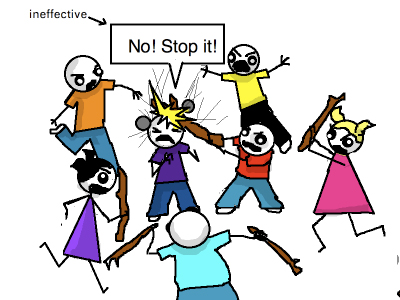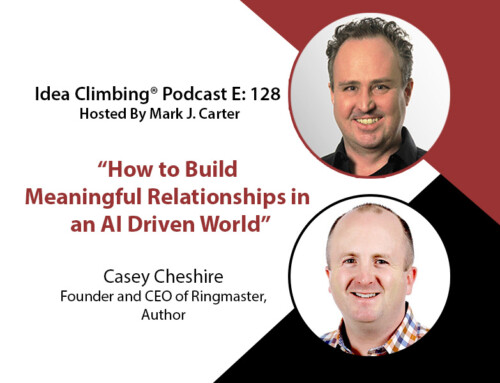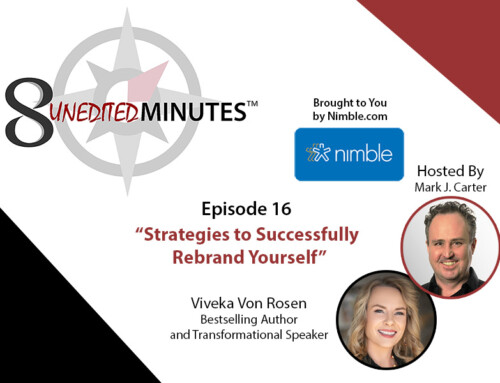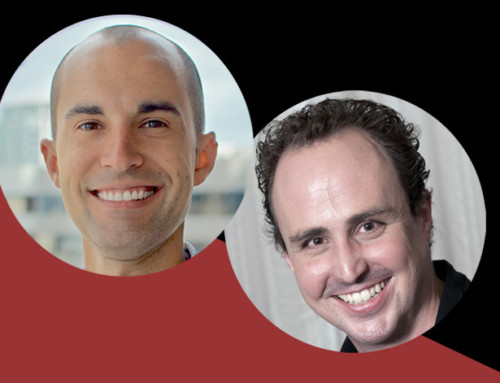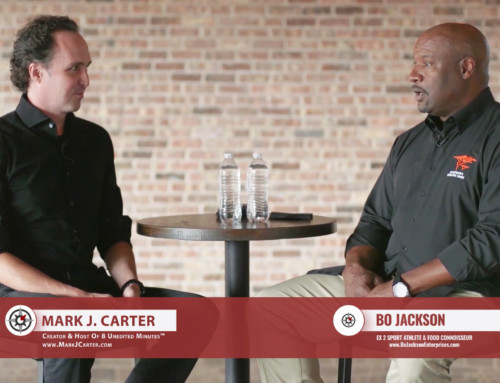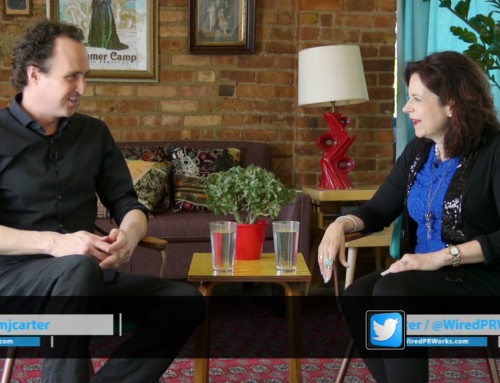Exactly.
I’ve been talking about this behind the scenes with people one-on-one for a while. Panels recently came up AGAIN during my discussion with professional keynote speaker Scott Stratten – founder of Un-Marketing. Here are a few key points from our rant… errr… conversation…
THE PROBLEM WITH PANELS
They look good on paper (“3 experts at one event!”) but are often executed poorly. A few of the problems? One common occurrence is that the moderator doesn’t have much experience leading panels. This can hinder productive and fun conversations. Sometimes the moderator has never spoken with the panelists before the event – how could he know what questions to ask which panelists?
Key point: “The panel should be better than the sum of its parts”.
If the panel discussion is an hour long and there are 4 panelists this does NOT mean that each panelist gets 15 minutes to talk. That’s called a 4-part-keynote-speech. This also means that every time the moderator asks a question each panelist does NOT have to give an answer. Scott said one of the best answers he gave at a panel discussion was “The other people have covered this perfectly; I have nothing to add.”
Personally I believe that the traditional format for panels (mentioned above) should be put to an end. But just venting about it doesn’t help you. There are ways to have multiple people on stage sharing ideas and having them moderated.
I prefer to call them discussions. A real exchange of ideas with the people talking first and foremost interested in imparting wisdom, advice and maybe a laugh or two with the audience.
How can this happen? I asked Scott…
WHAT’S THE RECIPE FOR A GREAT DISCUSSION (OTHERWISE KNOWN AS A PANEL)?
STEP 1: Get A GREAT Moderator. This means someone with experience leading discussions. This could be via moderating other panels, doing media interviews or running a lot of meetings.
STEP 2: Have The MODERATOR Pick The Panel. This allows for natural rapport during the discussion. The moderator will know (within reason) what to expect from each person including expertise, personality type and how to talk to them.
STEP 3: The Topic Of The Panel Is… The Topic Of The Panel. The content has to match the title and the topic. The moderator is responsible for keeping the panelists on topic (another reason to get a great moderator – you can rest easy and be confident in delivering the quality your audience deserves). If your topic is “Social Media In The Workplace” but the panelists continue to talk about marketing – that throws the audience off and can let them down.
MOVING ON…
Hopefully this has sparked a few ideas for you. With regards to meetings, events, conferences and trade shows we NEED to bring real discussions back into the mix. Audiences are craving something different; the 3 steps outlines above can help give you just that.
What will YOU do differently the next time you’re asked to plan, be on or moderate a panel?
